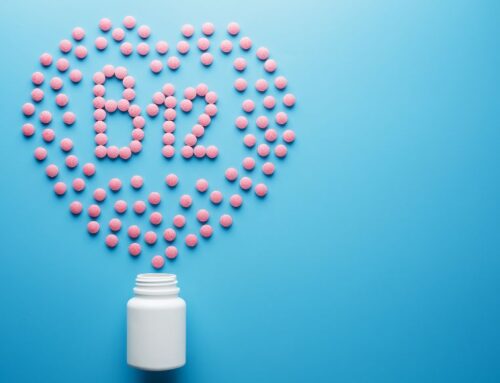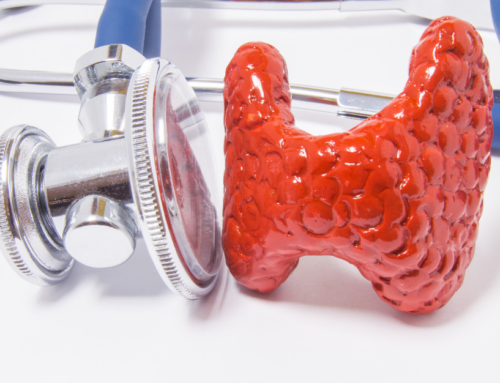A new study found older women who take cholesterol-lowering statin drugs increase their risk of developing Type 2 diabetes by almost 50 percent. Researchers say it isn’t clear why the drug raises the risk of diabetes, and that the findings could be applied to men.
Many people don’t realize that inflammation, not a statin deficiency, underlies high cholesterol, and that the condition usually can be managed naturally.
The study looked at data of more than 150,000 women ages 50-79 for over 12 years. Interestingly, the risk was greater for Asian women and women of a healthy body mass index.
Statins most commonly prescribed drugs
Darlings of the health care industry, statins are the most commonly prescribed drug, accounting for $20 billion of spending a year. About one in four Americans over 45 take statins, despite such common side effects as muscle weakness and wasting, headaches, difficulty sleeping, stomach upset, and dizziness.
Beware low cholesterol
As a result, lab ranges for healthy cholesterol are skewed too low. Not only do statin users grapple with side effects and raise their risk of diabetes, but they also risk symptoms of low cholesterol.
Cholesterol is necessary for brain and nerve health and to manufacture hormones, including the sex hormones estrogen, progesterone, and testosterone. Low cholesterol can imbalance hormones and increase the risk for anxiety, depression, and other mood disorders.
In functional medicine, we don’t like to see cholesterol go below 150 mg/dL.
Statins do not address cause
Although statins lower cholesterol, they do not address the underlying cause of high cholesterol, which is typically inflammation. The body uses cholesterol to patch up damage caused by inflammation. In fact, research shows inflammation is the primary cause of heart attacks and strokes, not high cholesterol.
Research also shows diets low in fat and high in carbohydrates increase the “bad” form of LDL (there are two to look at) and decrease the protective HDL.
Hypothyroidism causes high cholesterol
Hypothyroidism, a condition estimated to affect more than 20 million Americans, raises cholesterol. A person with hypothyroidism makes fat more quickly than it’s burned, which drives up markers of high cholesterol. She also suffers from a sluggish liver and gallbladder, so that fat is not easily metabolized, and her cells may be less receptive to taking up LDL, raising those numbers.
Gluten-free diet can lower cholesterol
Many find a gluten-free diet lowers cholesterol, as gluten is inflammatory for so many people. Hashimoto’s, an autoimmune disease that attacks the thyroid, causes hypothyroidism for most people in the United States. Studies link gluten intolerance with Hashimoto’s, and a strict gluten-free diet is an important aspect of managing the condition.
Lowering cholesterol naturally
Functional medicine is highly effective for the person wanting to lower cholesterol naturally. Management includes an anti-inflammatory diet, exercise, and rooting out causes of inflammation. These include hypothyroidism, autoimmune disease, bacterial infections in the digestive tract, poor blood-sugar handling, or other chronic health issues.
By addressing the cause of high cholesterol not only do you avoid the dangerous risks and unpleasant side effects of statins, but also you journey into your golden years with improved energy and well-being.





